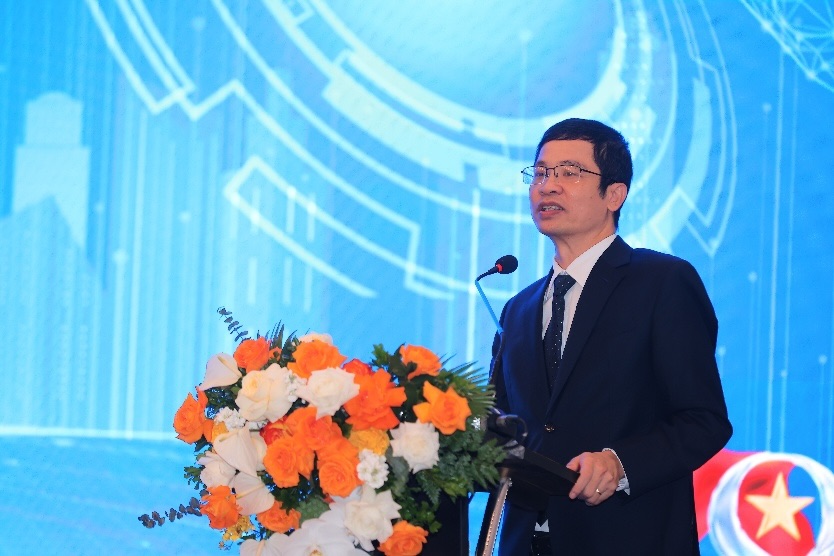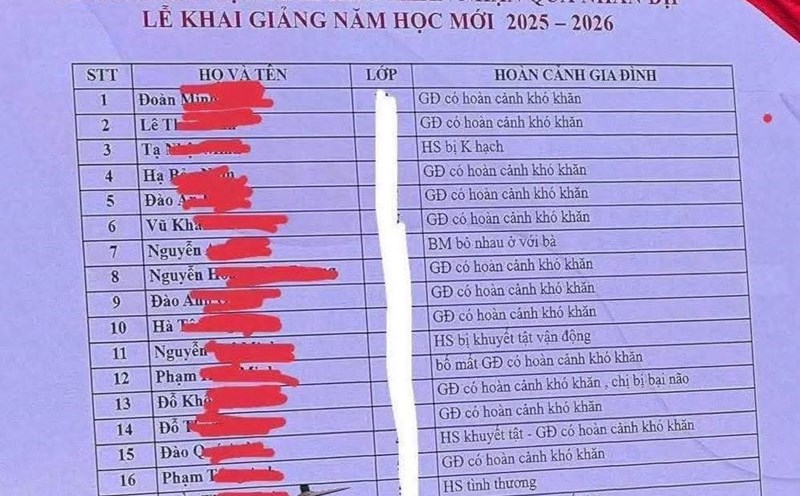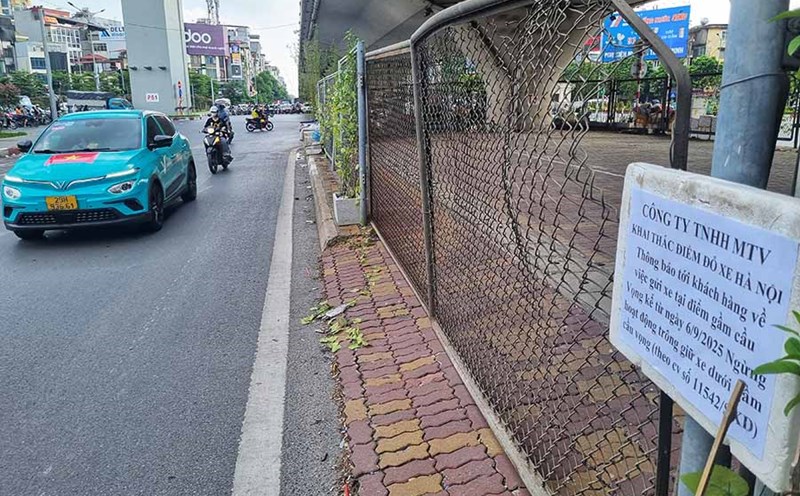The Party and State have issued many resolutions and strategies, in which Resolution 57-NQ/TW identifies digital transformation (CDS) as a strategic breakthrough, setting a target of the digital economy reaching 30% of GDP by 2030, and 50% of GDP by 2045. To realize this, the Government has implemented many programs and decisions, recently with Resolution 71/NQ-CP.
Sharing about the future of Vietnam's digital government, Mr. Nguyen Phu Tien - Acting Director of the National Digital Government Agency (Ministry of Science and Technology) informed that in 2025, the digital government ranking will increase by 15 places, with the entire online dossier reaching nearly 40%.

Information technology revenue reached VND2,772 trillion (up 24%), export of hardware and electronics increased by 29%. Issued with 21.8 million letter-symptoms (35.18% of the adult population); 17.5 million citizen identification cards; 64 million VNeID accounts. 99.3% of villages have broadband mobile networks; 146.64 Mbps mobile Internet speed (20th in the world); 5G coverage reaches 26%;...
Vietnam has determined to not only adapt but also aim to "catch up, progress together and overcome", therefore, drastic action and institutional vision are an urgent requirement. Therefore, the Government is urgently building a legal corridor for grassroots trade unions to create a solid legal foundation, creating new development space for the country.
Talking with Lao Dong, Mr. Le Anh Tuan - Deputy Director of the National Digital Transformation Agency (Ministry of Science and Technology) commented that the current institutional foundation for digital transformation can be considered a launching pad to create Vietnam in the digital era.

The Deputy Director of the National Digital Transformation Agency said that in the near future, we will witness a State operating on the principle of "digital from the beginning". Decisions on management, operation, and service provision will be made based on real-time data, supported by AI systems for analysis and forecasting.
People and businesses will experience full-process, paperless public services; be proactive in service, personalized based on data, AI; administrative boundaries will be erased in the digital environment, creating a truly unified and serveable administration.
The legal corridor will unlock resources, especially data resources, to create an equal playground for all economic sectors. Businesses, especially small and medium enterprises, will have access to shared digital platforms, open data and support policies to participate in the digital value chain.
"Make in Vietnam" digital technology enterprises are rising, not only dominating the domestic market but also confidently reaching out globally. New economic models such as the platform digital economy and data economy will develop in a healthy competitive environment, regulated by clear legal regulations on antitrust. AI will penetrate all fields to improve productivity and create products and services with Vietnamese brands.
Vietnam's Industrial Park puts people at the center. Every citizen, whether in urban or rural areas or mountainous areas, has the opportunity to access digital connectivity and be equipped with basic digital skills to participate in a digital society.
We are moving towards a society where "digital citizens" are comprehensively protected. Ethnic cultural values will be preserved and spread strongly in the digital environment; everyone has the opportunity to study for life to constantly improve their capacity, adapt to changes in digital technology.











